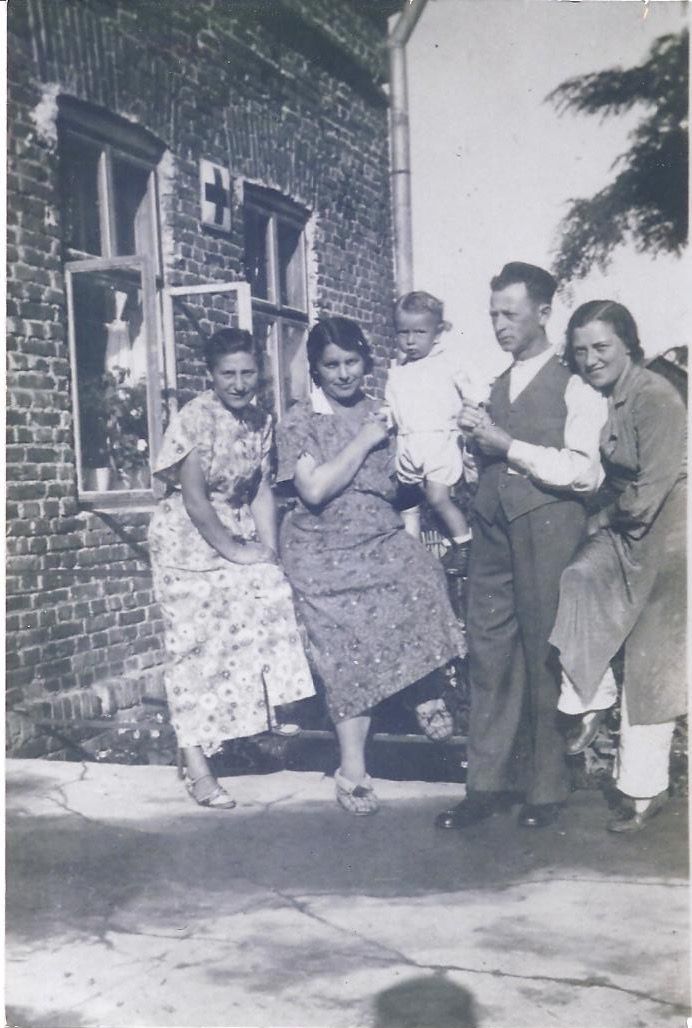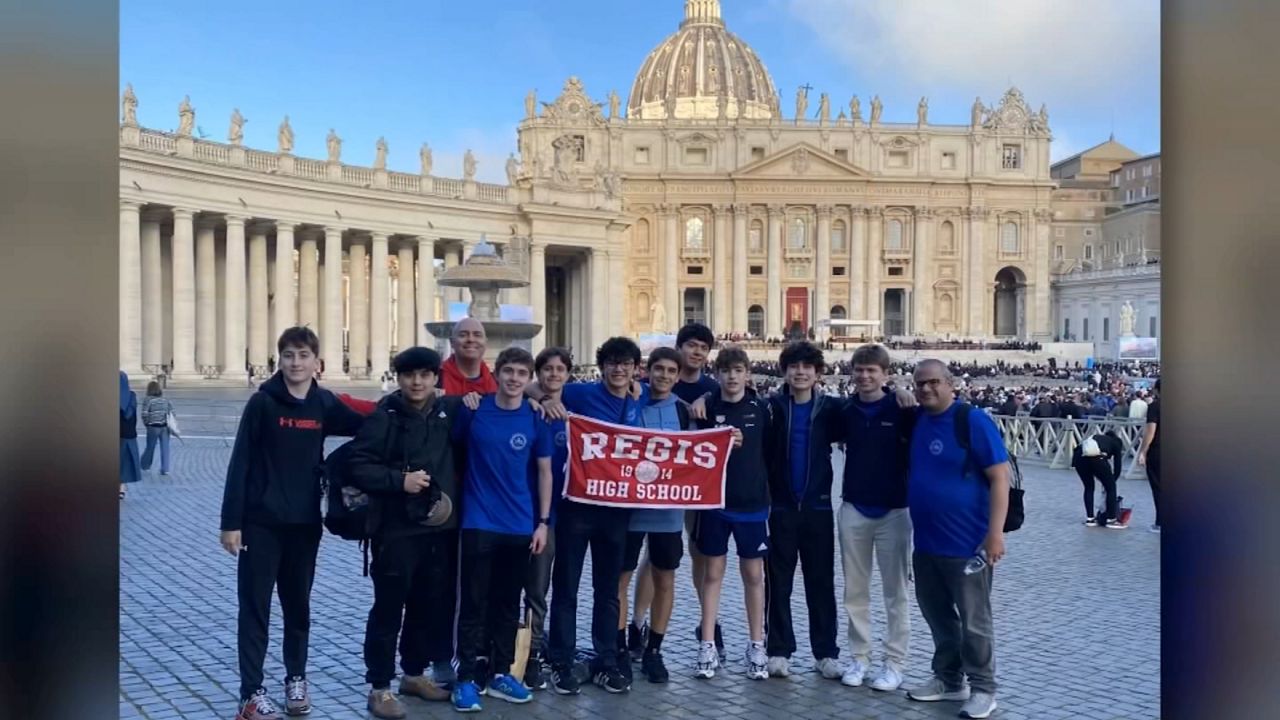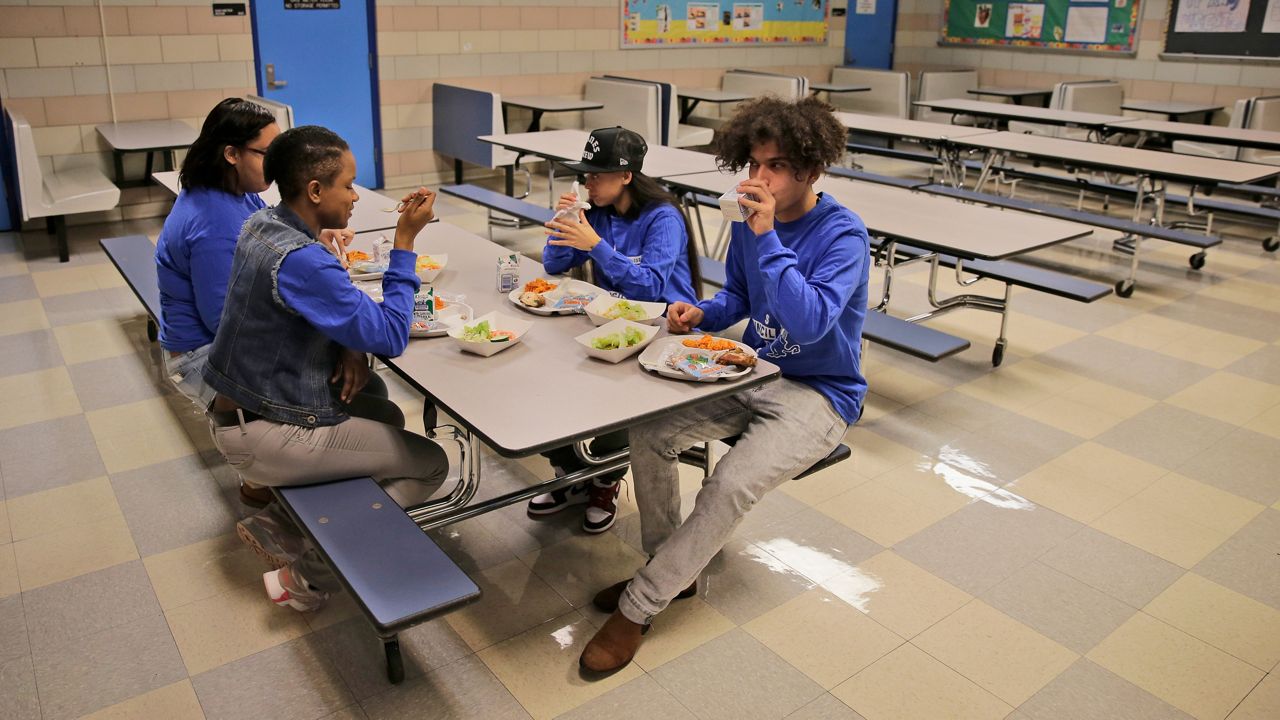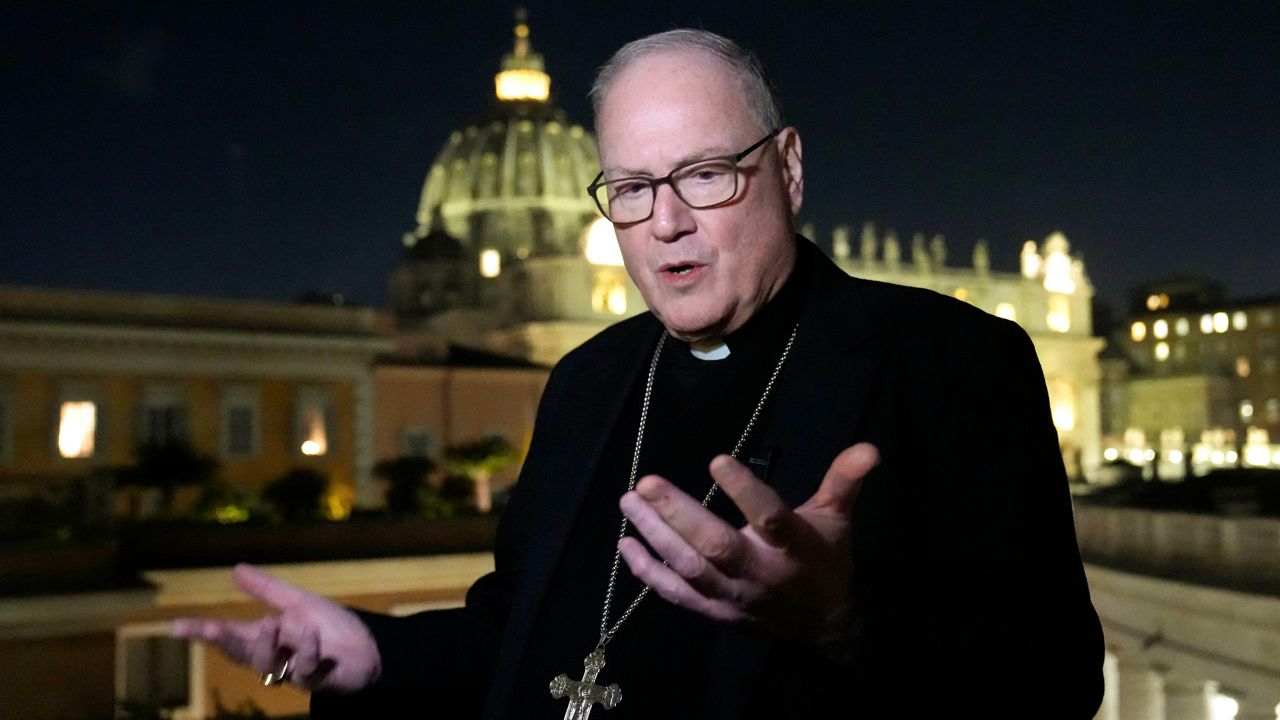On Holocaust Remembrance Day, we remember the millions of people who were killed at the hands of Nazi Germany.
In 2020, a 50-state survey found most teenagers to people in their early 30s in America don’t know how many Jewish people died in the Holocaust.
According to the Claims Conference, an organization that negotiates on behalf of victims of Nazi Germany, 63% of those surveyed did not know that six million Jews were murdered.
These statistics, while disheartening, are not surprising to one Holocaust survivor who has dedicated his life to educating students of all ages across the country.
What You Need To Know
- When Nazis invaded Poland in 1939, Mark Schonwetter's father was regularly questioned by the Gestapo
- Schonwetter lived in a Jewish ghetto for three months before he, his mother and sister escaped to the forest where they lived for three years
- Along with his two daughters, he started the Mark Schonwetter Holocaust Education Fund which raises money for schools so they can fund Holocaust education curriculum
- Schonwetter is now part of the Speakers Bureau — a group of Holocaust survivors, veterans, teachers and descendants of survivors — at The Museum of Jewish History in Manhattan
“It was a horrible, horrible way of living but somehow, we lived,” said Mark Schonwetter, who survived the Holocaust by hiding in the Polish countryside along with his mother and sister.
“Somehow we were very fortunate that we could survive this,” said Schonwetter.
While sitting in the Museum of Jewish Heritage in Manhattan, surrounded by photos of fellow Holocaust survivors, Schonwetter recounts his own story. He grew up on a farm in Poland with his parents and younger sister.
In 1939, the Nazis arrived.
“It was something so different from our everyday life living on a farm. You saw a horse every day, you saw a cow every day, but you never saw a tank,” said Schonwetter.
He says his father was the leader of the Jewish community there and was regularly taken in and questioned by the Gestapo.
“I don’t know if he thought that this was beginning of the end,” said Schonwetter.
One night, Schonwetter’s father never came home. His mother decided to flee to a nearby ghetto. They lived there for three months with barely any food or water. Schonwetter remembers piles of dead bodies lining the streets.
“They had Jewish people with wagons take the bodies, throw them on and pull them away,” said Schonwetter. “We saw all those things, but there was nothing we could do. Just sleep and hope you’ll be alive.”
His mother feared her children would die there, so they escaped into the Polish countryside where they lived for three years.

In the summer, they would sleep in the forest and forage for food. In the winter, they would beg non-Jews to take them in. One farmer hid Schonwetter and his family in a pigsty.
“We hear the pigs coming on top of us,” said Schonwetter. “We got scared, but we were quiet, and the pigs quiet down and we lived like that for three or four months through the winter.”
After Poland was liberated, Schonwetter stayed in the country until 1957 before immigrating to the United States.
He now travels the country sharing his story of survival with students of all ages. Along with his two daughters, he started the Mark Schonwetter Holocaust Education Fund, which raises money for schools so they can fund Holocaust education curriculum.
“You have to teach; you have to show the people the reasons why those things happen. Why some people got to power,” said Schonwetter.
Schonwetter says it’s important for all people, not just Jews, to understand the horror committed during the Holocaust so that history does not repeat itself.
“Unfortunately, you have to remember what happened and keep this in mind and not forget,” said Schonwetter.
For more information on the Mark Schonwetter Holocaust Education Fund, visit www.mshefoundation.org.




